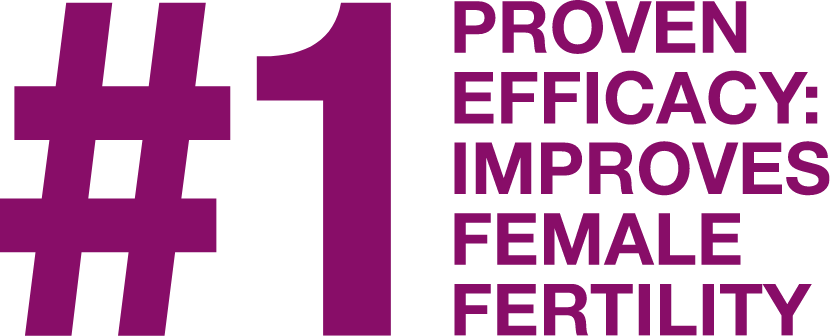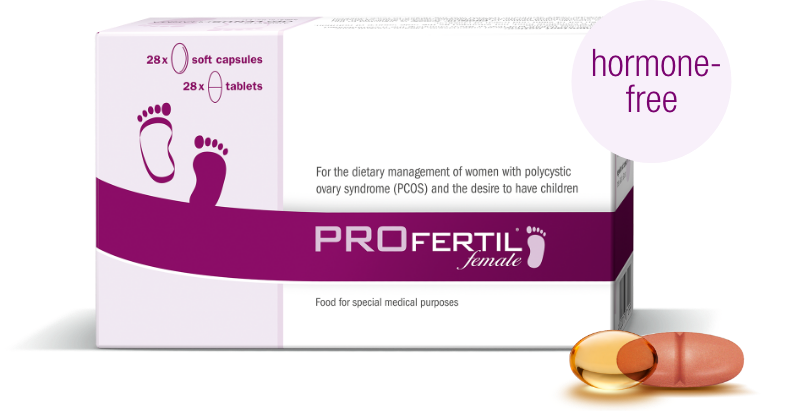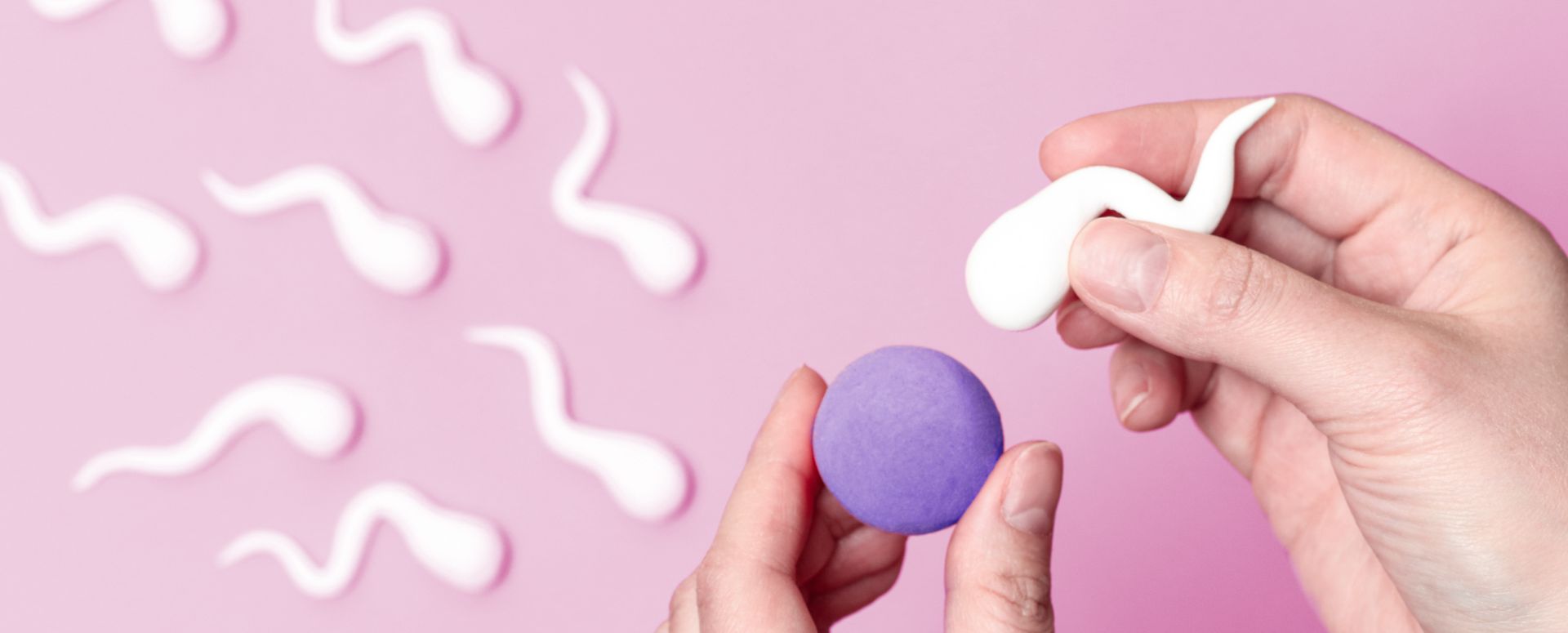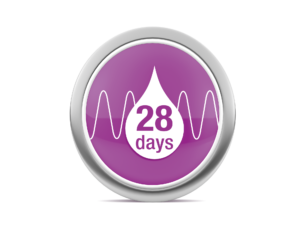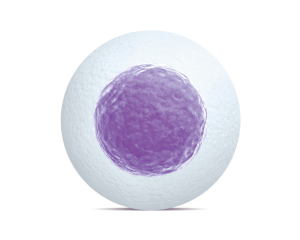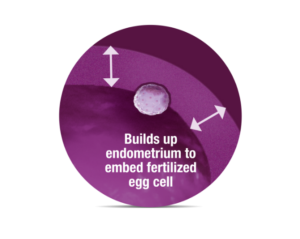The “fertilisation rate” is a term from in vitro fertilisation, IVF for short. It stands for the percentage of successfully fertilised egg cells. IVF involves the fertilisation of egg cells in test tubes (in vitro = in glass). For this purpose, the fertilisable egg cells come together with the sperm cells in a special nutrient solution. In the best case scenario, the merging of the egg cells with the sperm cells is achieved. Following successful fertilisation in the test tube (fertilisation), one or more fertilised egg cells are transferred and can grow in the woman’s uterus.
In order to perform this procedure, the ovaries are hormonally stimulated, ovulation is induced (ovulation induction) and the egg cells are retrieved from the vagina (transvaginal follicle puncture) in advance by a specialist in reproductive medicine.
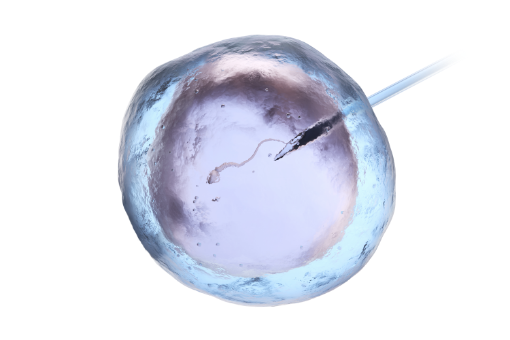
The fertilisation lays the foundation for the subsequent embryonic development. A study at the Medical University of Vienna (Medical University Hospital of Vienna) demonstrated that the fertilisation rate and embryo quality is significantly better with PROFERTIL® female in comparison to taking pure folic acid. This is linked to the fertilised egg cell’s ability to successfully implant in the uterine lining.
What can cause poor embryonic development?
- Sperm cells with abnormal parameters (e.g. DNA breaks)
- Reduced egg cell quality due to older age, hormonal imbalance or being overweight
- Genetic defects in the embryo
- Infections
How does PROFERTIL® female help?
A comprehensive study at the Medical University Hospital of Vienna confirmed the supporting effect of PROFERTIL® female on female fertility. The intake of 400 mcg folic acid served as the comparison group. It should be noted that folic acid is the common medical standard.
The PROFERTIL® female study conducted at the Medical University Hospital of Vienna obtained the following results in comparison to the control group (folic acid):
- Significantly higher fertilisation rate
- Significantly higher number of high-quality embryos
- Improved embryo quality
- Trend towards a higher clinical pregnancy rate
The study results showed that the intake of PROFERTIL® female improves the chance of a successful pregnancy.
What causes can be responsible for a fertilisation rate that is low and to be improved?
A genetically reduced proficiency of the egg cell quality as well as a reduction of the number of egg cells over the age of 30 combined with a late desire to have children may be the cause for a reduction of the fertilisation rate.
Physical factors for the woman, such as:
- Fallopian tubes stuck together
- Polycystic ovary syndrome (PCOS)
- Endometriosis
- Disturbance of maturation of the follicles and egg cells
- Formation of cysts and fibroids
- Hormonal disorder
- Thyroid disorder
- Impaired immune system
The following problems can be the cause for the man:
- Limited sperm quality
- Increased number of sperm DNA breaks
- Nicotine or alcohol consumption
- Being overweight
- Varicose veins on the testicle (varicocele)
- Undescended testicle
- Infections or operations on the testicle
The following factors affect the chance of becoming pregnant:
- Cancer or chemotherapy
- Diabetes
- Genetic infertility
- Smoking
- Weight problems (being underweight or overweight)
- Stress
- Psychological problems
- Chlamydia
- Thyroid dysfunction
Medical possibilities to increase the fertilisation rate
PROFERTIL® female can improve the result of the following artificial insemination methods. In any case, consult with your treating physician before taking.
Cryopreservation
Sperm cells or (fertilised) egg cells or testicular tissue can be frozen in liquid nitrogen down to minus 196 degrees Celsius and then used at a later date. The frozen sperm cells remains viable even after many years of storage. The sperm cells do not die. They simply stop metabolising. The vital function returns when defrosted.
ICSI (Intracytoplasmic sperm injection)
With regard to this method of artificial insemination, the man’s sperm is injected directly into the cytoplasm of the egg cell. This method is associated with a very high success rate. The intake of PROFERTIL® female in the context of the ICSI method was examined in a clinical study. The study showed improved embryo quality in comparison to pure folic acid (400 mcg).
IVF (In vitro fertilisation)
The retrieved egg cell comes together with the man’s sperm cell in a test tube. Following successful fertilisation, one or more fertilised egg cells are transferred to the uterus.
